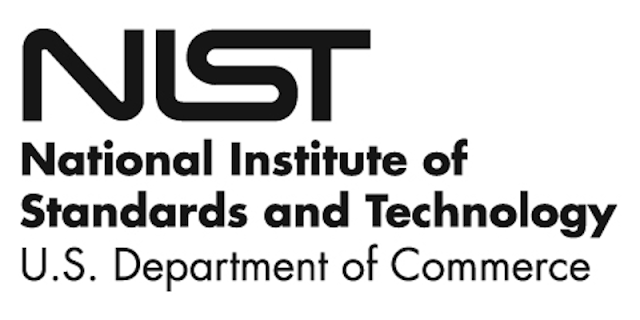2017 NIST Guidelines Revamp Obsolete Password Rules
2017 NIST Guidelines Revamp Obsolete Password Rules
 |
| 2017 NIST Guidelines Revamp Obsolete Password Rules |
Working within the U. S i9000. Department of Commerce, The National Institute of Requirements and Technology (NIST) grows Federal Information Processing Criteria with which federal firms must comply. Although NIST's rules are not required for nongovernmental organizations, they often become the foundation for best practice tips throughout the security industry and incorporated into other standards.
NIST Special Newsletter 800-63A was published in 2003. The password special primer recommended by using a combo of quantities, obscure characters, capital characters also to change them regularly. In a recent interview with The Wall Streets Journal, the author of the primer, Bill Burr, stated: "Much of the things i did We now regret. " So why does he regret it? The advice ended up largely incorrect and got a negative impact on usability for the end user, including password tiredness. Cybercriminals have stolen and posted billions of account details online since 2003. The boom in data removes has provided the NIST and other researchers with the necessary data to look at how our passwords stand up to the tools hackers value to break them.
A 2010 study conducted at California State University found that when necessary to create or update a password, the majority of users simply capitalize a letter in their password and add a "1" or inch! ", making the security password no harder to split. When numbers were required in a password, 70 percent of users simply added the numbers before or after their password. These types of types of patterns are very well known to hackers and they modify their tools accordingly. (Interesting tidbit: Cartoonist Randall Munroe calculated it would take 550 years to bust the password "correct equine battery staple" all run together as one phrase versus a password like "Tr0ub4dor&3" which is often cracked in 3 days. )
The average number of services registered to a solitary email account is more than 40, but the average number of different passwords for these data files is 5. Over a third of men and women forget their accounts weekly, requiring them to be reset - throw in length minimums, figure requirements, mandatory password resets every 90-days and it might be clear why we often reuse passwords, cobble one together by making minimal changes to our current one or resort to writing passwords down on a sticky note.
Commited to memory Secrets and other NIST Digital Identity Guidelines
Particular Publication 800-63B shows the shift in strategy regarding passwords and use plans, specifically advising to get away from outdated complex password guidelines in favor of ease. The document also includes a brand new moniker for the term password - Commited to memory Secrets understood to be: "A Commited to memory Secret authenticator (commonly known to as an username and password or, if numeric, a PIN) is a key value that is designed to be chosen and memorable by the consumer. Commited to memory secrets need to be of sufficient complexity and secrecy that it would be impractical for an attacker to guess or otherwise discover the right secret value. "
The updated best practices for creating, changing or changing memorized secrets include:
Let at least 64 personas in length to aid the use of passphrases, duplicate and paste. Encourage users to make memorized secrets as lengthy as they desire, using any characters they like (inducing spaces), thus aiding memorization.
Do not require memorized secrets be changed arbitrarily (e. g., periodically) unless there is an user request or evidence of compromise.
Perform not impose other make up rules (e. g. combos of different character types) on memorized secrets.
Username and password Limitations:
Rather than doing away with password constraints entirely, The NIST rules recommend shifting to 3 password limitations that are actually worthwhile:
Forbid commonly used passwords: The conditions require every new pass word be checked against a "blacklist" that can include repetitive words, sequential gift items, variations on the website name and passwords considered in prior security removes. (haveibeenpwned. com has widened their offering to include a pwned password section for users to check if a password has been exposed in a data breach)
Don't use knowledge-based authentication or username and password hints: Allowing an customer to resolve a personal question such as "What is high school did you attend" to reset accounts is now forbidden, as the answers to these questions and hints can easily be found via social media or interpersonal engineering.
You may also be interested: Want to Prevent Data Breach? Train Your Staff
Limit the quantity of password attempts: There exists a huge difference between the range of guesses even the most typo-prone user needs and the quantity of guesses an attacker needs.
Other items addressed by the NIST include new password security standards and multi-factor authentication for any service that involves sensitive information. The entire publication can be seen on the NIST website.
We're glad to see the standard updated to really succeed for users to create more robust account details and we know at least a few of you will be happy not hearing your THAT department every 90 times hinting that it's time to change your username and password.



Comments
Post a Comment